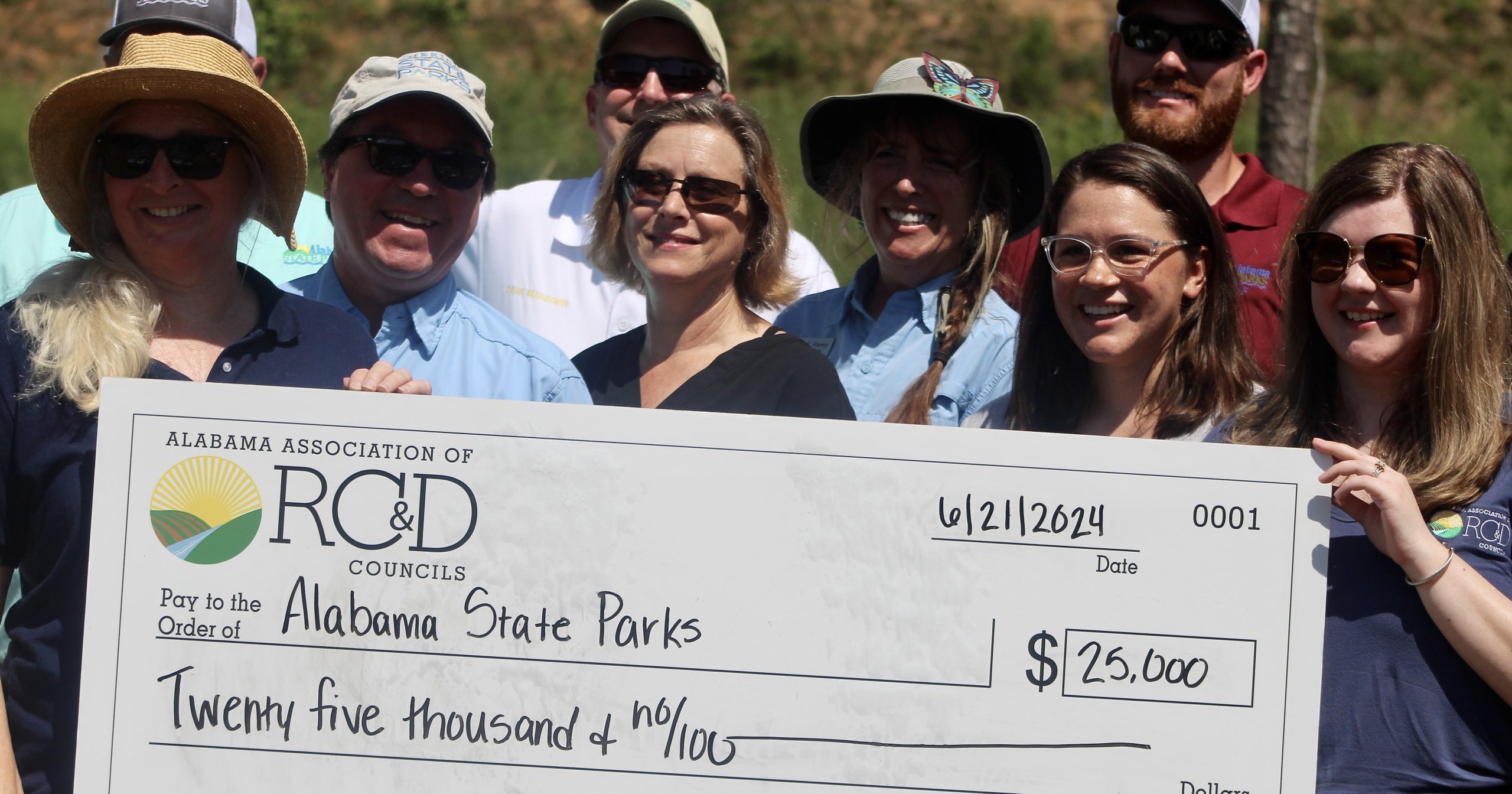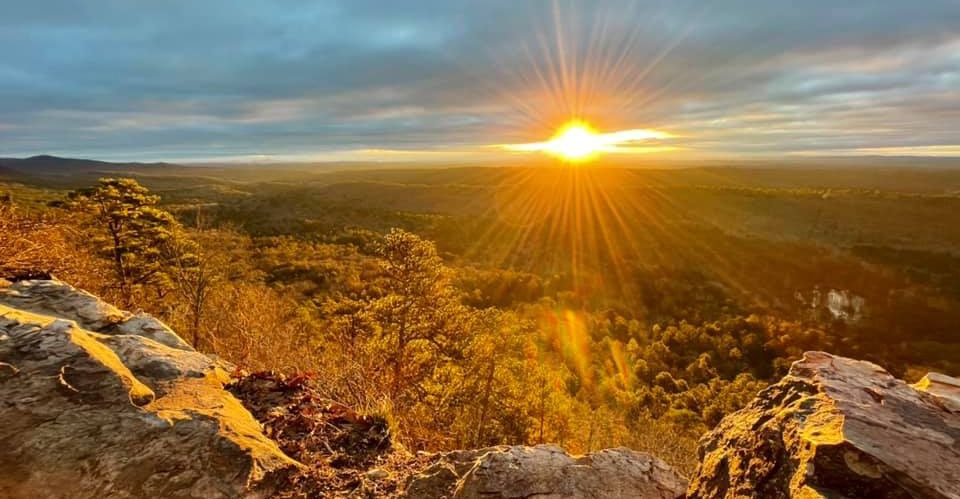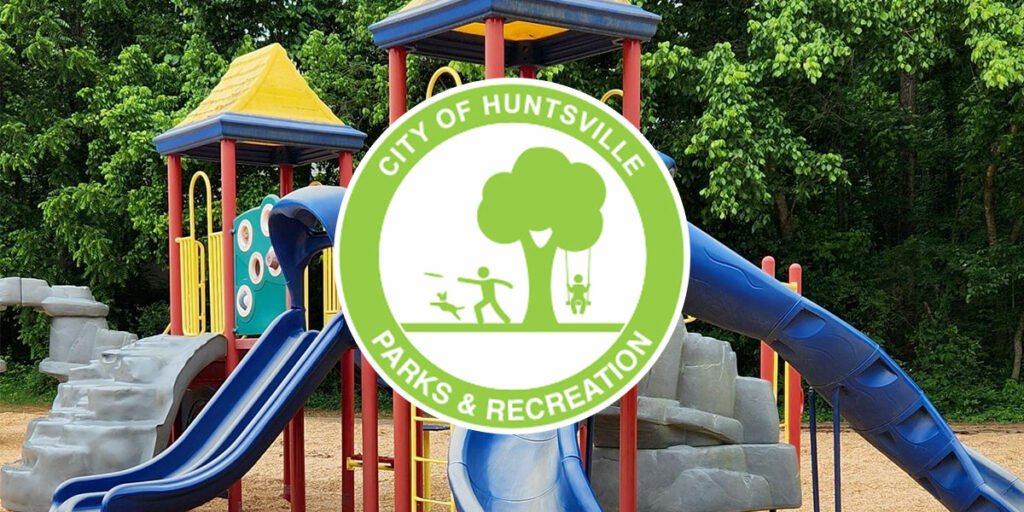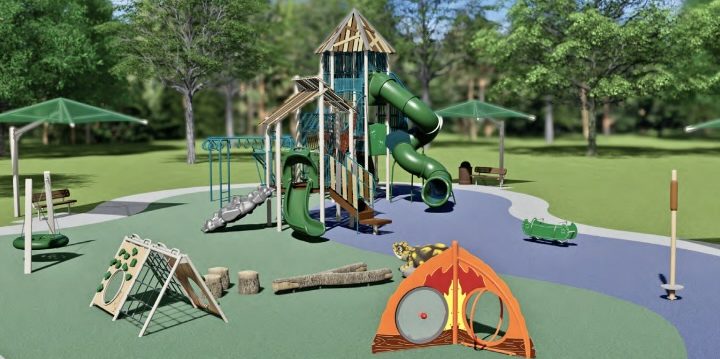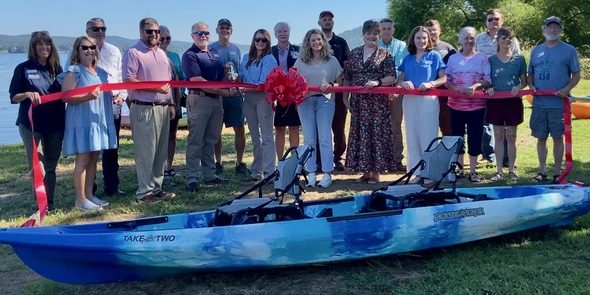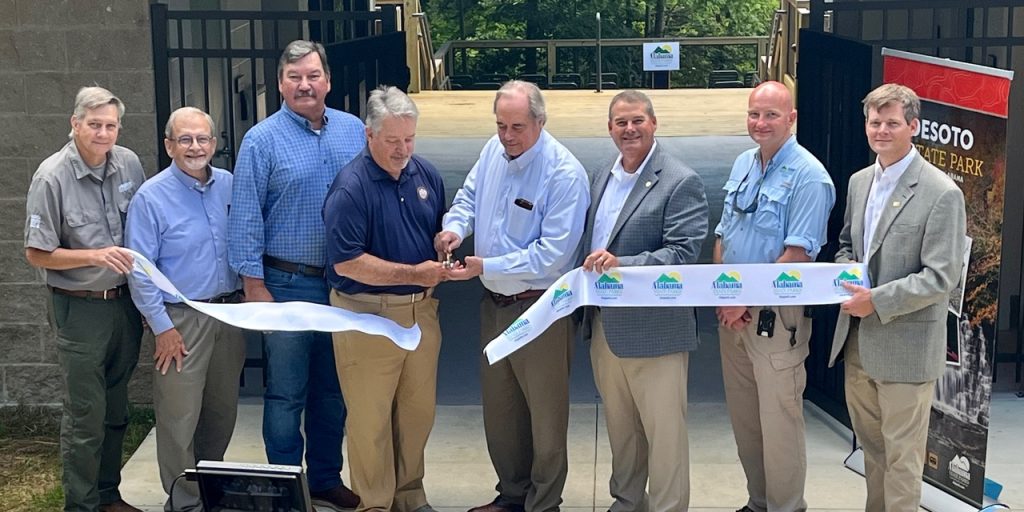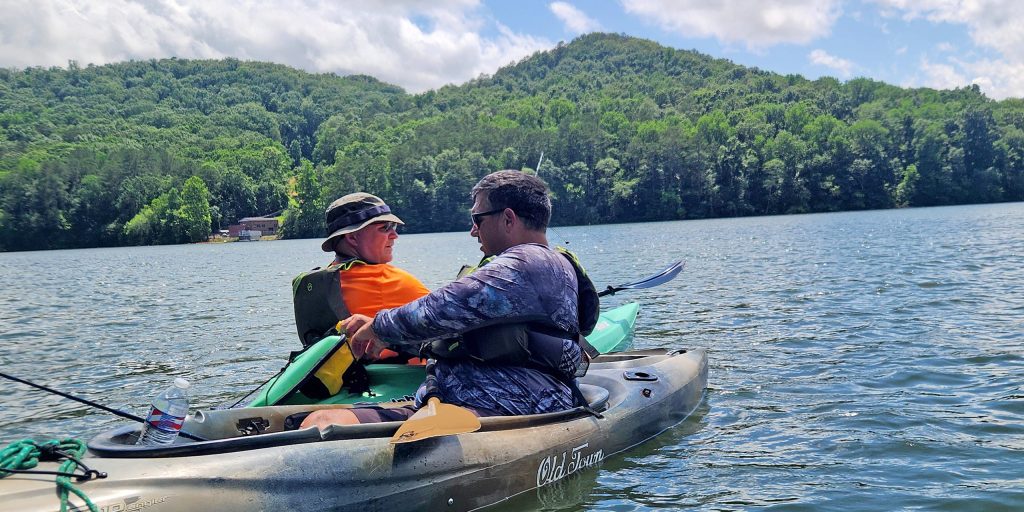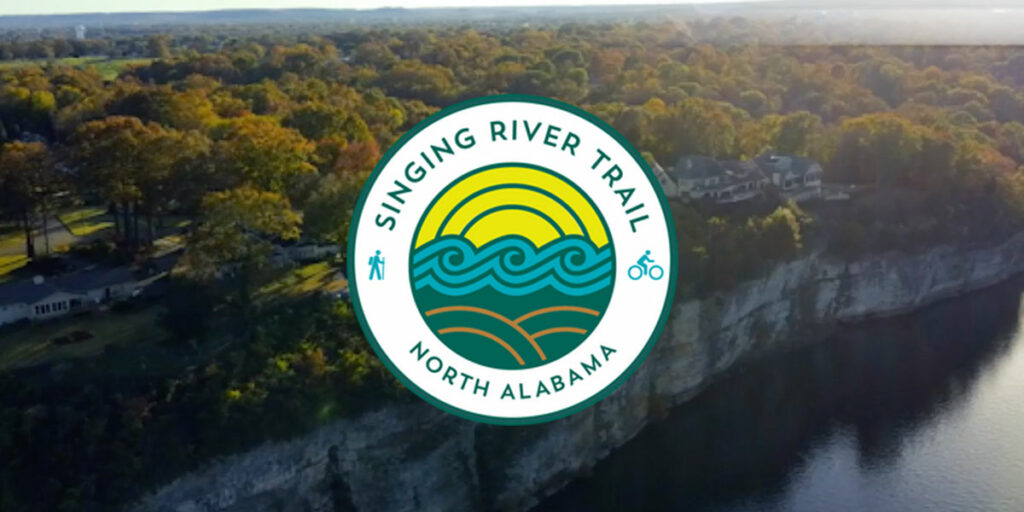PELHAM – The Alabama Association of Resource, Conservation and Development (RC&D) Councils presented a $25,000 grant to Alabama State Parks during the Pollinator Festival last week at Oak Mountain State Park.
The grant will fund development of 12 pollinator gardens at state parks throughout the state, including three in North Alabama – DeSoto State Park in Fort Payne, Joe Wheeler State Park in Rogersville, and Lake Guntersville State Park in Guntersville.
“We truly appreciate RC&D for funding this project, which will create a new interactive experience for State Parks visitors to enjoy,” State Parks Director Greg Lein said. “These pollinator gardens are more than just something pretty to look at and enjoy. They also improve and enhance habitat for pollinators, and that has incredible ecological benefits for all Alabamians.”
The pollinator gardens will be in these state parks:
- Oak Mountain State Park in Pelham
- Gulf State Park in Gulf Shores
- Wind Creek State Park in Alexander City
- Lakepoint State Park in Eufaula
- DeSoto State Park in Fort Payne
- Joe Wheeler State Park in Rogersville
- Lake Guntersville State Park in Guntersville
- Cheaha State Park in Delta
- Chewacla State Park in Auburn
- Roland Cooper State Park in Camden
- Meaher State Park in Spanish Fort
- Lake Lurleen State Park in Coker
DeSoto and Joe Wheeler State Parks and among six state parks that will include a story trail – a children’s storybook experience within the pollinator garden.
“Each pollinator garden allows educators to utilize interactive learning tools through our on-site Teacher Toolkits,” said Renee Raney, State Parks chief of Interpretation and Education. “The kits paired with the pollinator garden trail experience provide opportunities beyond the park and into the classroom for students and educators.”
Bees, birds, moths, bats and other pollinators have been in decline in many parts of the country due to habitat fragmentation, pollution and invasive species. Pollinators need flowering plants and vegetation to live and forage for food, which the Alabama State Parks’ new pollinator gardens will supply.
“Healthy ecosystems depend on pollinators,” said Tasha Simon, chief of the Natural Resources Section for Alabama State Parks. “In fact, at least 75 percent of all the flowering plants on earth are pollinated by insects and animals. These plants stabilize our soils, clean our air, supply oxygen and support wildlife.”
Pollinators play a critical role in ecological balance, food production, biodiversity and environmental health.
“The new pollinator gardens are sure to become popular experiences at our state parks. We again want to express our appreciation to RC&D for providing the funding,” Lein said. “We strive for every visitor to enjoy a first-class experience in our state parks, and these gardens definitely fulfill that goal.”


